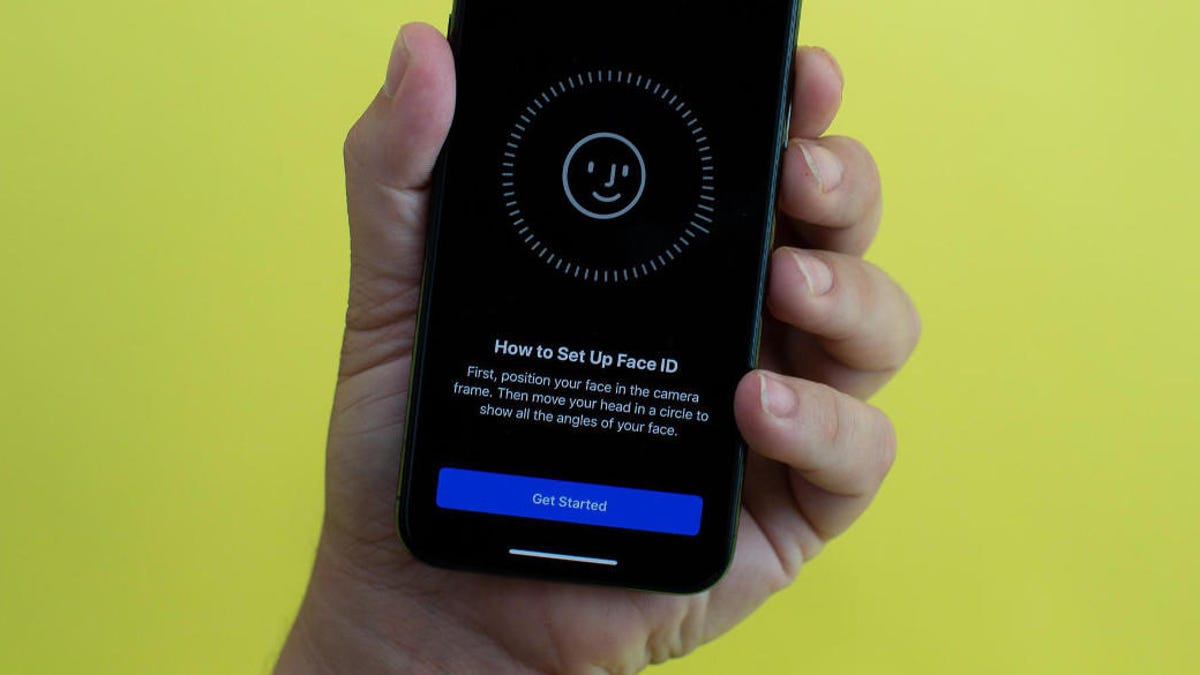Police can't force you to unlock phone with Face ID or fingerprint, judge rules
The judge says the government's request "runs afoul" of the Fourth and Fifth Amendments.

Law enforcement can't force you to unlock a phone with your face, fingerprint or other biometric features, according to a new court order.
US Magistrate Judge Kandis Westmore denied a search warrant request that sought permission to use biometrics features -- such as FaceID on an iPhone or Iris Scanner on a Samsung Galaxy -- to unlock and search devices at a residence in Oakland, California. The court order, issued Jan. 10, was reported earlier by Forbes.
"The court finds that the government's request runs afoul of the Fourth and Fifth Amendments, and the search warrant application must be denied," wrote Westmore. "Today's mobile phones are not comparable to other storage equipment, be it physical or digital, and are entitled to greater privacy protection."
The Fourth Amendment says that people have the right to be secure in their houses against unreasonable searches and seizures, while the Fifth Amendment says nobody should be compelled in any criminal case to be a witness against himself.
Many of the details in the case, including the authorities overseeing the investigation, are sealed. The Justice Department didn't immediately respond to a request for comment.
The court order does say the suspects allegedly used Facebook Messenger in an attempt to extort money from a victim by threatening to spread an embarrassing video.
This isn't the first time police have turned to biometric features to unlock a suspect's device. In September, FBI agents compelled one of six Ohio men charged with sexually abusing children and creating child pornography to unlock an iPhone X by showing his face to the phone. Biometrics were interpreted as not covered by the Fifth Amendment in this case. The agents found chat logs detailing interests in child pornography.
Follow the Money: This is how digital cash is changing the way we save, shop and work.
CNET Magazine: Check out a sample of the stories in CNET's newsstand edition.

